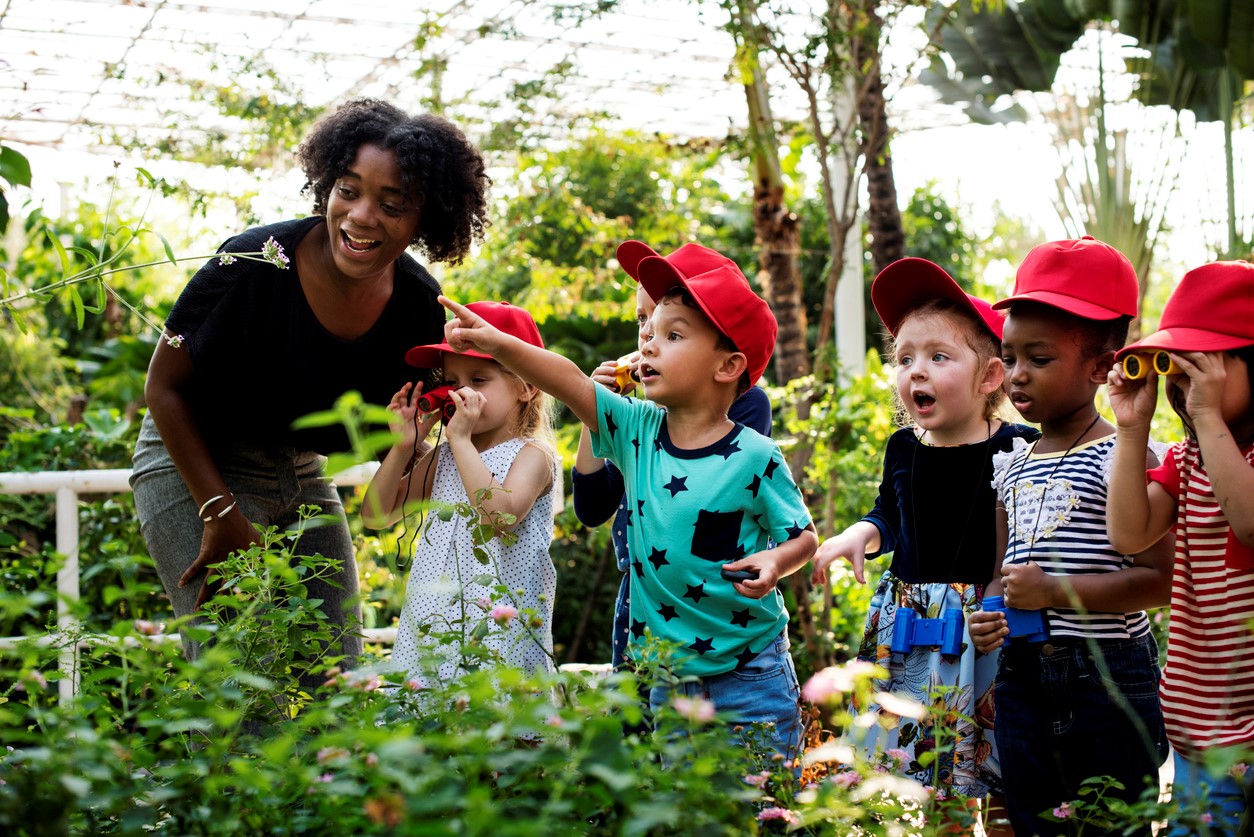
To reach their full potential, children need high-quality health care and services—especially in life’s early years. Health promotion, safety, disease prevention, and early identification and treatment during these earliest years lay the foundation for healthy development.
Mounting evidence that health during childhood sets the stage for adult health creates an important ethical, social, and economic imperative to ensure that all children are as healthy as they can be. Healthy children are more likely to become healthy adults. FPG's scientists study many aspects of child health and development—from prenatal health to infant brain development to stress management in adolescents.
Featured News Story
Thanks to an innovative collaboration between two units at FPG, stronger and more expanded behavioral health resources will be available for youth and families across the state of Virginia. FPG’s National Implementation Research Network and Impact Center have partnered to merge their practice models, tools, and resources for the Virginia Evidence-Based Practices Transformation Zone project. This effort offers integrated guidance and technical assistance to support Virginia’s implementation efforts.
Featured Research Project
Funded by the University of California at Berkley, FPG Faculty Fellow Iheoma Iruka is principal investigator of a project that will provide unconditional, monthly income supplements during pregnancy and postpartum to randomly selected participants, with the goal of curbing financial stress and promoting healthy pregnancy outcomes. The goal of this project is to evaluate the impact of this guaranteed income program on birthing outcomes, maternal and child health, and children’s early outcomes.